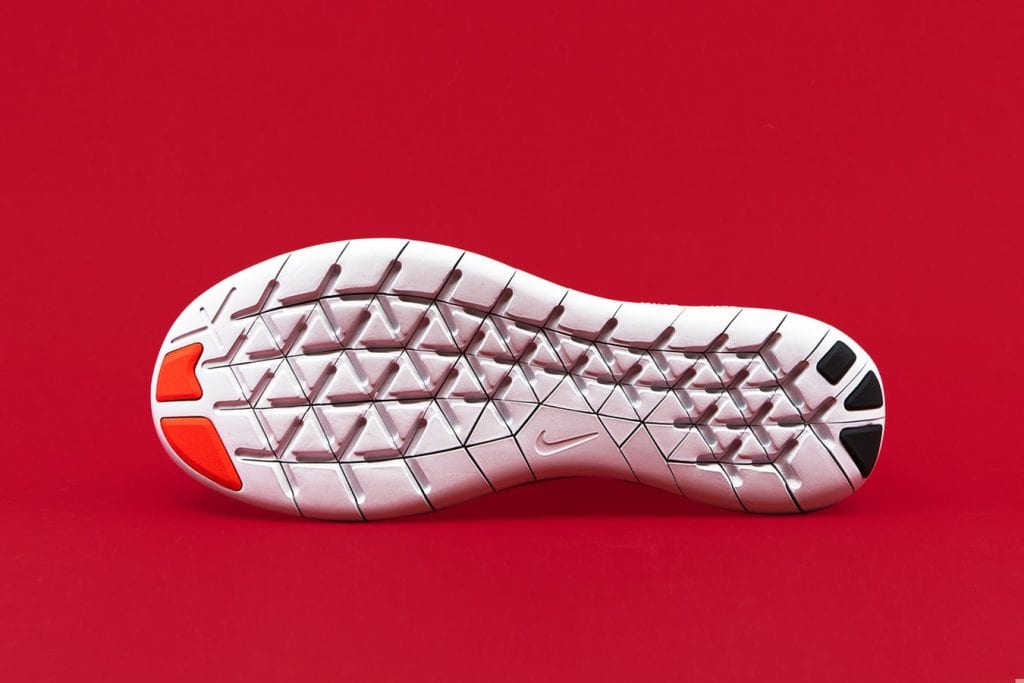On the heels of investigating Starbucks, Apple, Amazon, and Fiat for “setting up complex structures that unduly reduce their taxable profits, giving them an unfair advantage over competitors,” which resulted in the respective companies turning over between $26.6 million and $16.5 billion in unpaid taxes to the European Union, Nike is next. “The European Commission has opened an in-depth investigation to examine whether tax rulings granted by the Netherlands to Nike may have given the company an unfair advantage over its competitors, in breach of [European Union] State aid rules,” the Commission revealed in a statement on Wednesday.
Tasked with proposing legislation, implementing decisions, upholding European Union treaties and managing the day-to-day business of the European Union, the Commission says that its formal investigation “concerns the tax treatment in the Netherlands of two Nike group [operating] companies based in the Netherlands, Nike European Operations Netherlands BV and Converse Netherlands BV,” which develop, market and record the sales of Nike and Converse products in Europe, the Middle East and Africa.
The Netherlands is of particular interest in the Commission’s recently-revealed investigation thanks to its notoriously business-friendly tax laws, which have made the country an in-demand European locale for international corporations, especially American ones, such as Netflix, Nike, Amazon, and Uber.
Citing five tax rulings issued by Dutch tax authorities between 2006 and 2015, the Commission is examining Dutch authorities’ authorization of “a method [that Nike’s Netherlands-based arms] used to calculate the royalties” to be paid to Nike – by way of a subsidiary in Bermuda, which does not maintain a corporate income tax – for their use of Nike intellectual property, including the company’s brand name, Swoosh logo, and various other trademark and patent-protected assets.
According to the New York Times, “The royalties were counted as business expenses and therefore, were not taxed in the Netherlands.” More that, there is speculation that Nike’s Netherlands subsidiaries may have paid an inflated price for the royalties, thereby, enabling the Portland, Oregon-based sportswear giant to claim a larger tax deduction.
A representative for Nike said in a statement that the investigation is “without merit.”











